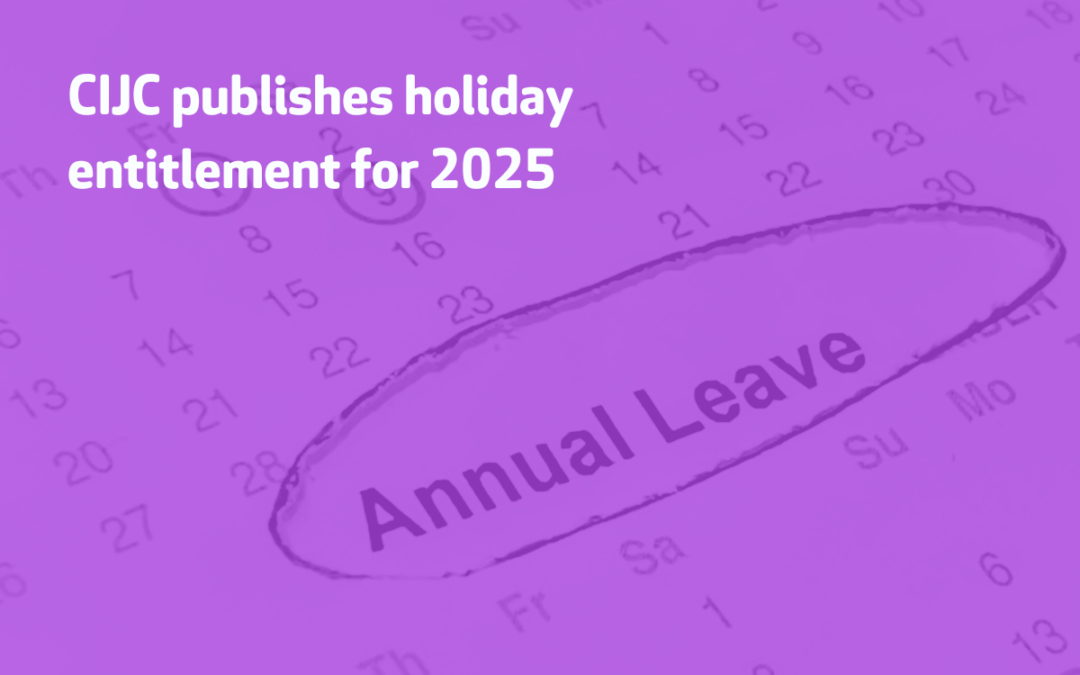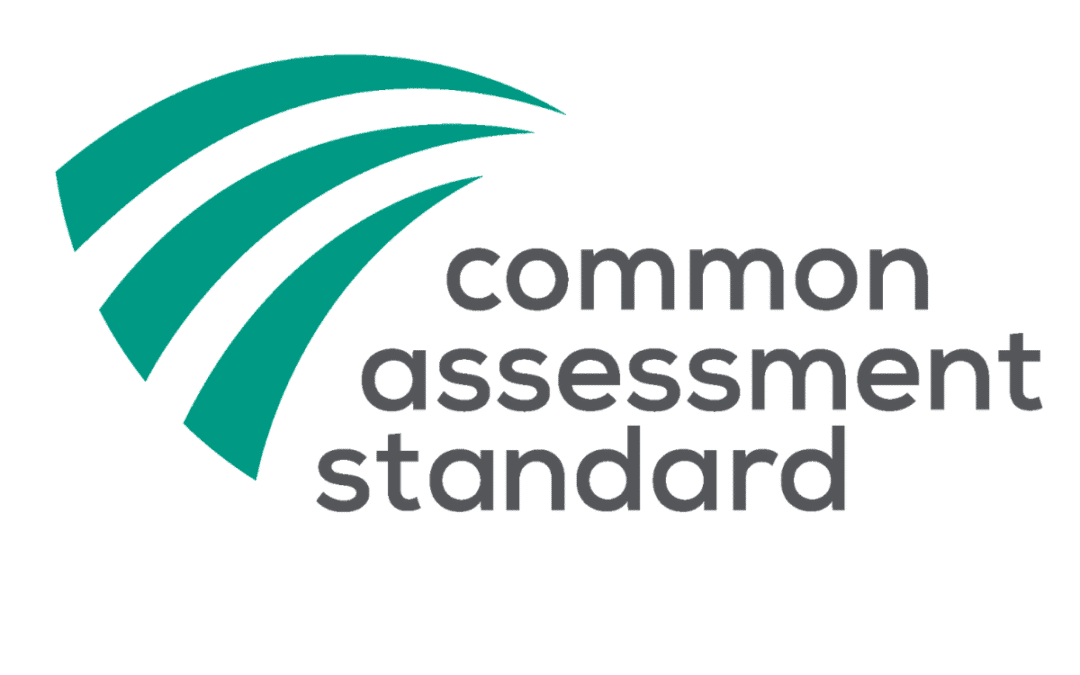
by Oscar Venus | 17 Jan, 2025 | Events
Recruiting the next generation is a priority if we are to maintain the pipeline of talent coming into the industry, and one of the best ways to showcase what construction has to offer is to get involved with Open Doors. Booking for visitors is now open, and there are already more than 180 events registered to take place across the UK from Monday 17 ‐ Saturday 22 March. With major projects like the expansion of the North Stand at Manchester City’s Etihad Stadium, the refurbishment of the Prince Charles Hospital in Merthyr Tydfil, and the development of the Hamilton Dock Hotel within the Titanic Quarter in Belfast opening their doors, we are seeing huge interest from potential visitors, so if you or your organisation is yet to get involved, what are you waiting for!
It’s not too late to register your remaining sites, offices, and manufacturing and training facilities and start promoting them in the local area. Please reach out to schools and colleges, who can book group visits for their students, as well as local community groups supporting new entrants into the industry, to help us show there is a career in construction for everyone.

by Clair Mooney | 17 Jan, 2025 | Contractual and Legal
FIS has produced guidance to support members in identifying and responding to onerous contractual terms. Prepared for specialist contractors, it is a summary of the typical risks and industry recommended compromises to look out and negotiate when engaging in a contract with clients or main contractors.
The guidance supports the FIS Responsible No Campaign, which is a targeted approach from FIS to challenge negative behaviours and empower the supply chain to challenge situations where the transfer of risk through contract is not reasonably apportioned or clear.
Whilst FIS continues to recommend members use and work on unamended contracts (rationale set down in our guidance published last week – Using Standard Form Contracts). However, the Responsible No Campaign approach recognises that we have some way to go and attempts to bring more standardisation where amendments are inevitable based on industry compromise position recommended by a relevant authority. This is what this document helps our members do.

by Oscar Venus | 16 Jan, 2025 | Market data
As of January 9, 2024, the Welsh Government is taking concrete steps to boost building safety with a focus on the use of combustible materials. This is part of an ongoing commitment to uphold the strictest safety standards in construction and maintenance.
Strengthening the Combustible Materials Ban
An important change is in the works to reinforce the current ban on combustible materials in and on the external walls of buildings, with the aim of reducing fire risks.
Height-Based Restrictions
There are plans to introduce restrictions on the use of combustible materials for buildings taller than 11 meters to ensure superior safety standards.
Introduction of an Evacuation Alert System
A new Evacuation Alert System is under consideration, which will act as a vital tool for guiding occupants during emergencies.
Installation of Secure Information Boxes
To enhance safety in high-rise living spaces, the introduction of Secure Information Boxes is being proposed. These boxes will hold crucial information for emergency services, boosting response times.
Implementing Floor Identification and Signage
The government plans to introduce floor identification and flat wayfinding signage to aid navigation and safety during emergencies.
Regulation Reference Amendments
There are plans to update references to BS EN 13501 and BS 476 in the building regulations to ensure that safety classifications remain current.
Call for Evidence on Staircases
The government is calling for evidence on the number of stairs in buildings, with the potential to remove all references to the BS 476 classification from Approved Document B (AD B), which governs building fire safety.
The Welsh Government’s proposed changes demonstrate a proactive stance towards improving building safety and ensuring that regulations stay aligned with evolving safety standards. The initiatives focusing on combustible materials, emergency systems, and clear identification measures aim to safeguard residents and enhance overall safety in Welsh buildings. It’s essential for all stakeholders to partake in the dialogue and contribute to the creation of safer living environments.
See full document here

by Clair Mooney | 16 Jan, 2025 | Employment
Members will be aware that from 1 April 2025 the changes to employers National Insurance Contributions will be implemented. Measures include:
- Secondary Threshold, currently set at £9,100 a year, and will be reduced to £5,000 a year
- Increases to the secondary Class 1 NICs rate from 13.8% to 15%
- Increases to the maximum Employment Allowance from £5,000 to £10,500
- The restriction that currently applies to the Employment Allowance where employers who have incurred a secondary Class 1 NICs liability of more than £100,000 in the tax year immediately prior to the year of the claim are unable to claim it — this means all eligible businesses and charities will be able to claim a greater reduction on their secondary Class 1 NICs liability, irrespective of what their secondary Class 1 NICs liabilities were in the tax year prior to the year of the claim.
There is a useful calculator here to help work out the increase: https://zelt.app/blog/how-to-calculate-employers-ni-employer-s-ni-calculator-2024-2025-2026/
Salary Sacrific
A Salary Sacrifice scheme can help reduce NI costs for both employers and employers. If you are not already offering Salary Sacrifice, it is something worth considering – only 41% of small and medium enterprises offer salary sacrifice, compared with 85% of large organisations.
A salary sacrifice arrangement, which is Government backed, is an agreement to reduce an employee’s entitlement to cash pay, usually in return for a non-cash benefit. An employee agrees with their employer to give up part of their salary in exchange for non-cash benefits, the most common of these being pension contributions.
This means that the employee’s gross salary is reduced by the amount they sacrifice. The result is lower National Insurance contributions for both the employee and employer. For example: £5,000 paid through salary sacrifice into a pension would save an employer c.£750 at the April 2025 NI rate and the employee would not paying tax or NI on the amount sacrificed.
As an employer, you can set up a salary sacrifice arrangement by changing the terms of your employee’s employment contract. Your employee needs to agree to this change. If your employee wants to opt in or out of a salary sacrifice arrangement, you must alter their contract with each change. This can be done by way of a Variation to Contract letter. Your employee’s contract must be clear on what their cash and non-cash entitlements are at any given time.
You can find out more information on the government website.

by Clair Mooney | 16 Jan, 2025 | Employment, Sustainability
New commercial food waste legislation comes in to force in the UK from the end of March 2025. This is part of Defra’s simpler recycling plans that aim to improve recycling rates, simplify waste management, and benefit the environment. It means that from this date businesses with 10 employees or more will have to separate food waste from other rubbish streams. Companies must store food waste in separate bins and arrange collection by licensed waste carriers.
The new default requirement for most workplaces will be four containers:
- residual (non-recyclable) waste
- food waste (mixed with garden waste if appropriate)
- paper and card
- all other dry recyclable materials (plastic, metal and glass)
Mandatory food waste separation aims to ensure less waste food makes its way to landfill sites and is instead disposed of responsibly.

by Clair Mooney | 10 Jan, 2025 | Employment
The Construction Industry Joint Council (CIJC) has published the 2025 holiday entitlement with guidance on annual and public/bank holidays that apply under the CIJC Working Rule Agreement. There is an additional paid day’s holiday to bring the Working Rule Agreement in line with other industry agreements, taking the annual entitlement to 23 days plus eight public/bank holidays per year.

by Clair Mooney | 10 Jan, 2025 | Main News Feed
Through our umbrella body Build UK, FIS is supporting Family Business UK’s calls for the Government to consult on the changes to inheritance tax announced in the last Budget.
In an open letter to the Chancellor, 32 trade associations have warned that changes to Business Property Relief and Agricultural Property Relief will affect businesses across the country, including those in construction, and starve the economy of investment.

by Clair Mooney | 10 Jan, 2025 | Payments
Changes from January 2025 Reporting on Payment Practices
Under the Reporting on Payment Practices and Performance (Amendment) Regulations 2024, new reporting requirements have been introduced for companies in scope of the reporting requirement. These new requirements will apply in relation to each financial year of a company beginning on or after 1 January 2025.
These new requirements relate to:
- the sum total of payments made during the reporting period
- the percentage of payments that were paid during the reporting period which were not paid within agreed terms because of a dispute
The Government has stated their intent to further crack down on payment concerns by extending the requirement to report. In 2025 further secondary regulation is planned to bring in additional requirements to report on value of invoices outstanding and, for construction firms, their practices, policies and performance with respect to retention clauses in any qualifying construction contracts with suppliers.
More information here
Changes to company size thresholds
The Government has also published The Companies (Accounts and Reports) (Amendment and Transitional Provision) Regulations, which amend the criteria for determining if a company is classified as a micro‐entity, small, medium or large business for reporting and audit requirements under the Companies Act.
In an effort to reduce reporting burdens on companies, from 6 April 2025, the turnover and balance sheet thresholds for micro‐entities, small and medium businesses will increase by approximately 50%, and companies that move down a size category will be entitled to the accompanying reduction in reporting and audit requirements. The regulations also remove the requirement for companies of all sizes to include specific information on the employment of disabled persons within their directors’ report.

by Clair Mooney | 9 Jan, 2025 | Main News Feed
The Government has published the Procurement Specific Questionnaire for use by public sector clients under the Procurement Act from 24 February 2025, which confirms that the Common Assessment Standard, developed by Build UK, should continue to be used for pre‐qualifying suppliers for ‘works’ contracts.
This is consistent with the position under PPN 03/24 and the Procurement Specific Questionnaire specifies at paragraph 45 that “public contracts for works should continue to use the questions set out in the Common Assessment Standard…and where possible, contracting authorities should avoid requiring Common Assessment Standard certified suppliers to re‐input their information”, which will reduce duplication for the supply chain even further.
The Common Assessment Standard has two levels of certification ‐ desktop and site‐based ‐ and companies can apply to any one of the Recognised Assessment Bodies for the appropriate level depending on their trade, size and the requirements of their clients.
To find out more about the Common Assessment Standard click here
FIS is encouraging members to advertise their support for the Common Assessment Standard and adopt a Responsible No when asked to complete multiple PQQs. We accept that this is difficult in a commercial tender situation and time is often too tight, but we have prepared a short email that we suggest our members send to their client to help raise awareness of the efficiencies that the Common Assessment Standard brings. This email template is available here Common Assessment Standard Template Email.
If companies are failing to adopt the Common Assessment Standard, please Complete the FIS Whistleblowing form here and we will follow-up independently. (All information will be treated in the strictest confidence ensuring no member is named or disadvantaged in any way by our follow-up).









